7 Top Soils for Thriving Indoor Gardens
Are you ready to dive into the world of indoor gardening and create your own lush oasis? Well, look no further! In this guide, we, your trusted gardening companions, will unveil the 7 best soils for indoor gardens.
Just like a gentle spring rain that nourishes the thirsty plants, these soils will provide the perfect foundation for your indoor botanical paradise. Whether you’re a seasoned plant enthusiast or just starting your green journey, these soils will make you feel right at home.
So, let’s get our hands dirty and discover the secrets to a bountiful indoor garden. Together, we’ll cultivate a sense of belonging and watch our plants flourish in these specially chosen soils.
Let’s dig in!
Organic Potting Soil
We love using organic potting soil for our indoor gardens because it provides the nutrients and moisture our plants need to thrive.
Organic gardening is all about adopting sustainable practices that promote the health of both the plants and the environment. Organic potting soil is made from natural ingredients without the use of harmful chemicals or synthetic additives.
It’s rich in organic matter such as compost, peat moss, and coconut coir, which improves soil structure and promotes healthy root growth. This type of soil also contains beneficial microorganisms that aid in nutrient availability and disease prevention.
Peat Moss Mix
Peat moss mix is another excellent choice for indoor gardens, as it provides a nutrient-rich base for optimal plant growth. Here are three reasons why peat moss mix can benefit your indoor garden:
- Enhanced moisture retention: Peat moss has the ability to retain water efficiently, preventing the soil from drying out quickly. This is especially important for indoor plants, as they don’t have access to natural rainfall. The moisture retention properties of peat moss help to keep the soil consistently moist, promoting healthy root development.
- Improved aeration: Peat moss mix has excellent porosity, allowing for proper air circulation within the soil. This is crucial for the roots to receive the oxygen they need for respiration. Adequate aeration prevents the roots from becoming waterlogged and reduces the risk of root rot.
- Sustainable alternative to peat moss: Coco coir, a byproduct of coconut husks, is often added to peat moss mix. Coco coir offers similar benefits to peat moss in terms of water retention and aeration, but it’s a more sustainable option. By using peat moss mix with coco coir, you can support environmentally-friendly gardening practices.
With its peat moss benefits and coco coir advantages, peat moss mix is an excellent choice for indoor gardens, providing the perfect environment for your plants to thrive.
Coco Coir Blend
The addition of coco coir to the soil mix further enhances its moisture retention and aeration properties, making it an ideal choice for indoor gardens.
Coco coir, derived from the fibrous outer husk of coconuts, is a sustainable and eco-friendly alternative to peat moss. It’s known for its excellent water-holding capacity and ability to provide adequate aeration to plant roots. Coco coir also has a neutral pH, which helps maintain a healthy soil environment for plants. Additionally, it’s resistant to decomposition, ensuring a long-lasting medium for plant growth.
Another advantage of using coco coir is its versatility – it can be used as a standalone growing medium or blended with other soil amendments. With its numerous benefits and wide range of coir fiber uses, coco coir is a popular choice for indoor gardeners looking to create thriving, sustainable gardens.
Vermiculite and Perlite Mix
Let’s talk about the benefits of using a vermiculite and perlite mix for indoor gardens.
Vermiculite is a lightweight mineral that helps retain moisture in the soil, preventing it from drying out too quickly. Perlite, on the other hand, is a volcanic rock that improves drainage and aeration, preventing waterlogged roots.
Together, this mix creates an ideal soil condition for plants to thrive, providing the right balance of moisture and air circulation.
Benefits of Vermiculite
We can enhance the performance of our indoor gardens by incorporating the vermiculite and perlite mix for its numerous benefits. Vermiculite, a natural mineral, plays a crucial role in soil aeration, creating an optimal environment for plant growth.
Here are three key benefits of using vermiculite in your indoor garden:
- Improved Drainage: Vermiculite has excellent water-holding capacity while also promoting drainage. It helps prevent soil compaction and reduces the risk of root rot by allowing excess water to flow through the soil.
- Enhanced Nutrient Retention: Vermiculite acts as a sponge, absorbing and holding onto essential nutrients needed for plant growth. This ensures that your plants have a steady supply of nutrients, leading to healthier and more vibrant growth.
- Increased Soil Aeration: Vermiculite’s lightweight and porous nature improve soil aeration. It creates air pockets within the soil, allowing oxygen to reach the roots and facilitating better nutrient uptake.
Incorporating vermiculite into your indoor garden soil mix will help create a well-balanced and thriving environment for your plants.
Advantages of Perlite
Now let’s explore the benefits of incorporating perlite into our vermiculite and perlite mix for indoor gardens.
Perlite is a lightweight, porous material that’s commonly used in gardening to improve soil drainage and aeration. One of the advantages of perlite is its ability to retain moisture while still allowing excess water to drain away, creating ideal soil conditions for indoor plants. This prevents waterlogged roots and helps prevent the growth of mold and bacteria in the soil.
Additionally, perlite is sterile and free from pests and diseases, making it a safe and clean option for indoor gardening. Its lightweight nature also makes it easy to handle and mix into the soil.
Ideal Soil Conditions
To create the ideal soil conditions for indoor gardens, incorporating a vermiculite and perlite mix is essential. This combination offers several benefits that promote healthy plant growth and overall garden success.
- Optimal soil pH levels: Vermiculite and perlite help maintain the ideal pH levels for plant growth. They have a neutral pH, which means they won’t make the soil too acidic or alkaline. This is crucial because different plants thrive in different pH conditions, and maintaining the right balance is key to their health and productivity.
- Excellent moisture retention: One of the primary advantages of vermiculite and perlite is their ability to retain moisture while also promoting proper drainage. They can hold water and nutrients, preventing them from being washed away while allowing excess water to drain. This ensures that plants receive adequate hydration without the risk of root rot or waterlogging.
- Enhanced aeration: The vermiculite and perlite mix creates air pockets in the soil, improving its overall structure and allowing roots to breathe. This increased aeration facilitates the exchange of gases, promotes healthy root development, and prevents soil compaction.
Incorporating a vermiculite and perlite mix into your indoor garden soil provides the optimal conditions for plant growth, ensuring proper pH levels and moisture retention. This combination will help your plants thrive and belong in their environment.
Compost Enriched Soil
Compost enriched soil is a key ingredient for thriving indoor gardens. By incorporating compost into our soil, we can enjoy numerous benefits.
Composting not only improves soil fertility, but also enhances its overall health, providing essential nutrients and promoting the growth of healthy, vibrant plants.
Benefits of Composting
By enriching our soil with compost, we experience the numerous benefits of improved plant growth and nutrient availability. Composting, a natural process of recycling organic materials, offers several advantages for gardeners and indoor plant enthusiasts.
Here are three key benefits of incorporating compost into your soil:
- Enhanced soil fertility: Compost contains a rich blend of organic matter, such as decomposed leaves, kitchen scraps, and yard waste. These nutrients are released slowly, providing a steady supply of nourishment to plants. This improves soil fertility, leading to healthier and more productive plants.
- Improved soil structure: Compost helps to improve soil structure by increasing its ability to hold water, retain nutrients, and promote root growth. It loosens compacted soil, allowing better aeration and drainage. This creates an ideal environment for roots to penetrate and absorb nutrients efficiently.
- Sustainable waste management: Composting reduces the amount of organic waste that ends up in landfills. By recycling kitchen scraps and yard waste, you contribute to a more sustainable and environmentally-friendly approach to waste management.
Incorporating compost into your indoor gardens not only benefits your plants but also promotes a sense of connection with nature and the environment.
Soil Fertility and Health
We can greatly enhance the fertility and health of our indoor garden soil by incorporating compost.
Compost is a rich source of organic matter that improves soil composition and provides essential nutrients for plants.
When added to soil, compost increases its water-holding capacity and improves its ability to retain nutrients. This helps to create a balanced environment for plant growth and ensures that they have access to the nutrients they need.
Additionally, compost helps to improve soil pH by buffering it and reducing its acidity or alkalinity. This is important because different plants thrive in different pH levels, and maintaining the right pH balance is crucial for healthy plant growth.
Indoor Plant Specific Soil
For optimal growth and health of indoor plants, it’s essential to use soil specifically formulated for their unique needs. Indoor plant specific soil provides the ideal environment for plants to thrive by addressing their specific requirements for soil moisture and nutrient absorption.
Here are three key features of indoor plant specific soil:
- Moisture Retention: Indoor plant specific soil is designed to retain moisture, ensuring that the plants receive adequate hydration and preventing waterlogged roots. This helps in maintaining the optimal balance of soil moisture for the plants’ growth.
- Nutrient Enrichment: Indoor plant specific soil is enriched with essential nutrients, such as nitrogen, phosphorus, and potassium, which are vital for the plants’ overall health and development. These nutrients are readily available for absorption, promoting robust growth and vibrant foliage.
- pH Balance: Indoor plant specific soil is carefully formulated to maintain the appropriate pH level for the plants. This ensures optimal nutrient availability and uptake, allowing the plants to efficiently absorb the nutrients they need for thriving.
Using indoor plant specific soil provides the necessary foundation for healthy and flourishing indoor plants.
Hydroponic Growing Medium
To ensure optimal growth and nutrient absorption, indoor hydroponic gardens rely on a growing medium composed of a mixture of inert materials and water. Hydroponic growing techniques involve cultivating plants without soil, using alternative growing mediums instead. These mediums serve as a support system for the plant roots and provide a stable environment for nutrient delivery.
One popular alternative growing medium is coconut coir, which is derived from the husks of coconuts. It has excellent water retention capabilities and allows for good aeration, promoting healthy root development.
Another option is perlite, a lightweight volcanic rock that provides good drainage while retaining moisture.
Rockwool is another widely used medium, made from molten rock spun into fibers. It has excellent water retention and provides a sterile environment for the roots.
Whichever alternative growing medium you choose, it’s crucial to ensure it’s properly sterilized and pH balanced to support your plants’ growth.
Conclusion
In conclusion, selecting the right soil is crucial for the success of your indoor garden. From organic potting soil to hydroponic growing medium, there are various options to choose from depending on your plants’ needs.
So, why settle for mediocre growth when you can provide the best environment for your plants to thrive? Consider the specific requirements of your indoor garden and choose one of these top soils to ensure healthy and vibrant plants.
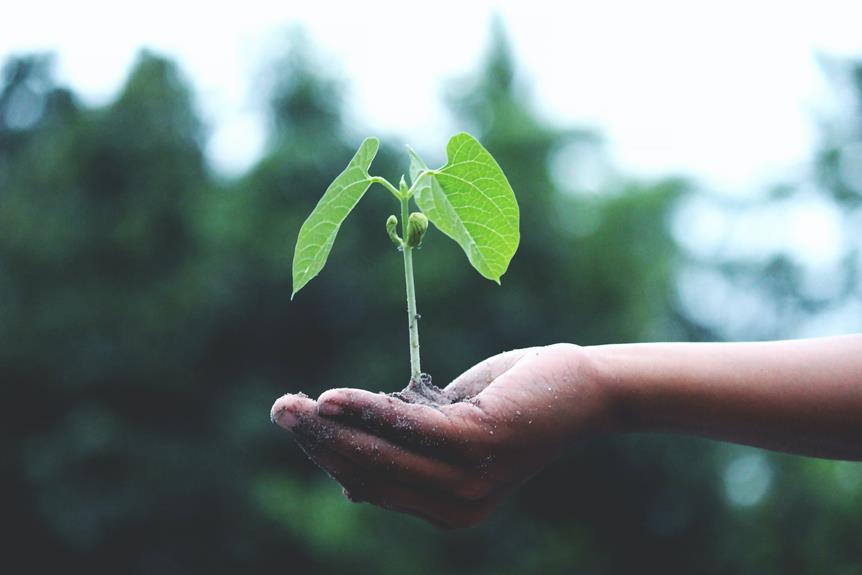
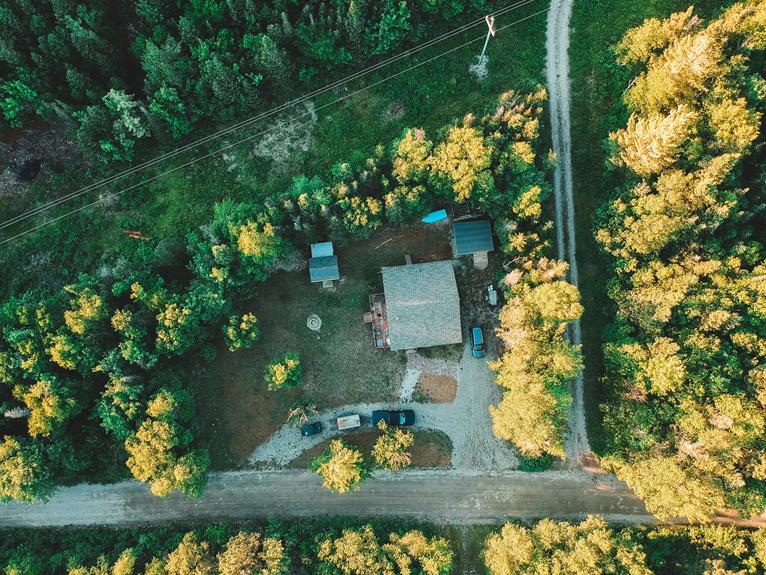
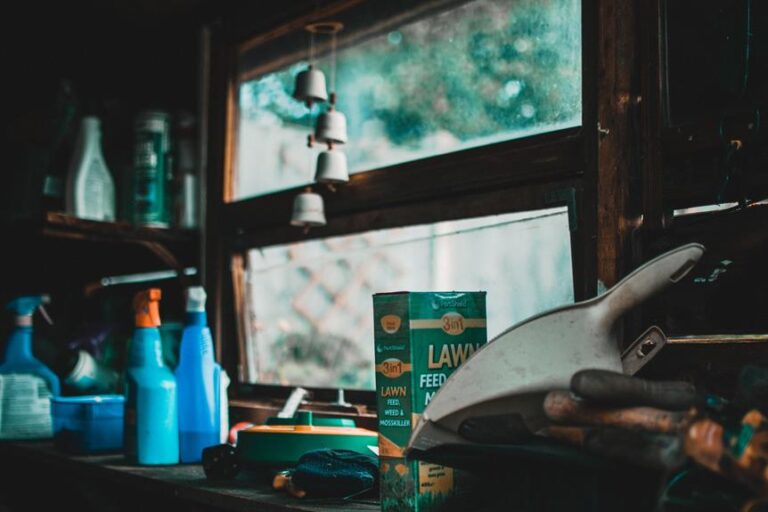

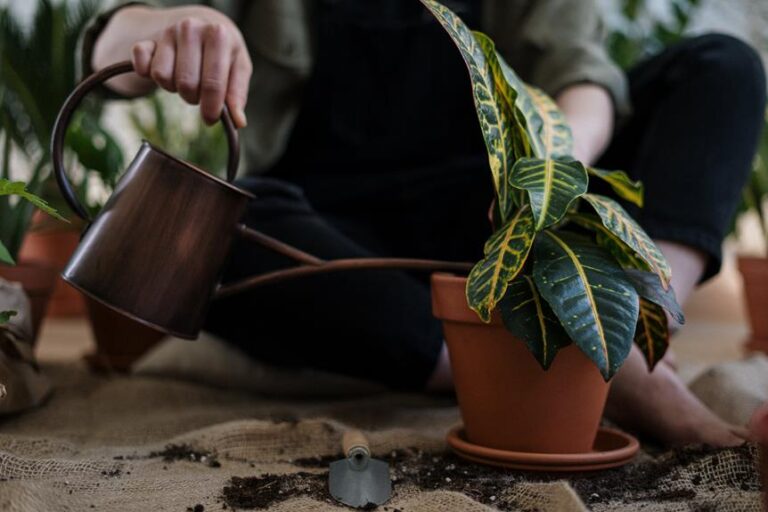
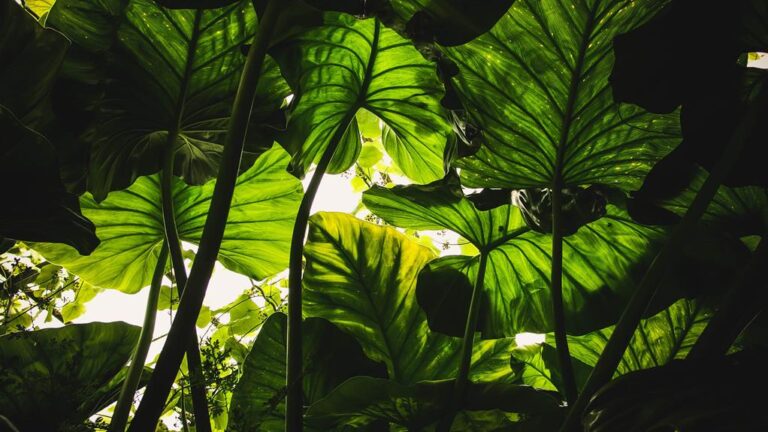
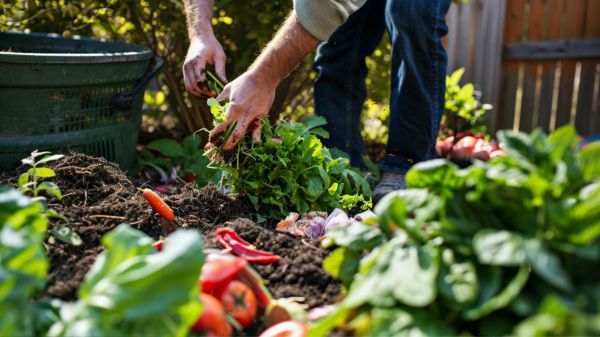
One Comment
Comments are closed.